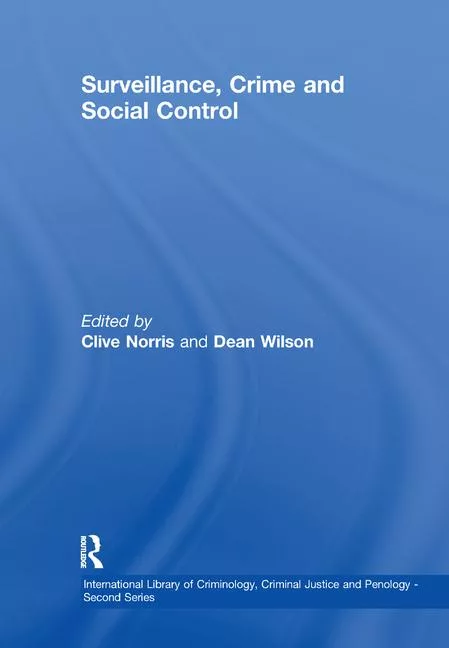Americans Split on Political Impact of Social Media
New research shows that while many Americans were active on social media on policy and political issues, both prior to and after President Trump’s Inauguration, many refrained from contributing content because the tone of social media was ”too toxic or negative” or that they were “tired of hearing about the Presidential election.”
The Finn Futures nationwide survey of 1,000 American adults gauged social media use leading up to and during the election, as well as attitudes about how social media impacts public policy decisions and voting decisions. The majority of respondents (52 percent) said social media had some impact on their voting decision, with Democrats (28 percent) most likely to say that social media significantly impacted on their vote (compared to 14 percent of Republicans).
Social Media Impact on Policy Outcomes
Nearly 80 percent of respondents believe that social media has at least some impact on public policy outcomes, including gun control, immigration and trade. College aged respondents (53 percent), Democrats (32 percent) and Independents (31 percent) were most likely to say that social media has a “significant” impact. However, respondents were split on whether social media’s impact on informing the public on policy issues is positive: nearly half said it was, while one-third believe it is negative.
“As members of Congress continue to hear from their constituents and policy advocates on many new communications platforms, social media is playing a bigger role in shaping public policy,” said Jessica Ross, Managing Partner, Finn Partners, Public Affairs. “Increasingly, we are seeing policy protests organized on social media. The immediacy, transparency and sharability of social media means that members of Congress must be prepared to respond in-kind in an increasingly digital way.”
Politics and Social Media
Over half of respondents, 57 percent, shared their political opinions and feelings via social media at least sometimes, and nearly 30 percent of respondents took a break from social media during the presidential election cycle. When asked why they stepped back, many of them said that the “tone of social media was too toxic or negative” (54 percent). This feeling of negativity of news around the election was even true across political parties (64 percent Republicans vs 54 percent Democrats). Respondents also said they were “tired of hearing about the Presidential election” (48 percent).
“It is not surprising that one-third of people surveyed took a break from social media during the election, citing the ‘toxic online environment.’,” said Ross. “What is surprising is the number of people who didn’t take a break. We are interested in further understanding the current state of news and digital platforms and how this fuels near-constant engagement and interest in bad or negative news—the car-wreck effect where you can’t look away.”
https://www.finnpartners.com/blog/news/americans-split-on-political-impact-of-social-media.html
Looking for a reprint of this article?
From high-res PDFs to custom plaques, order your copy today!







